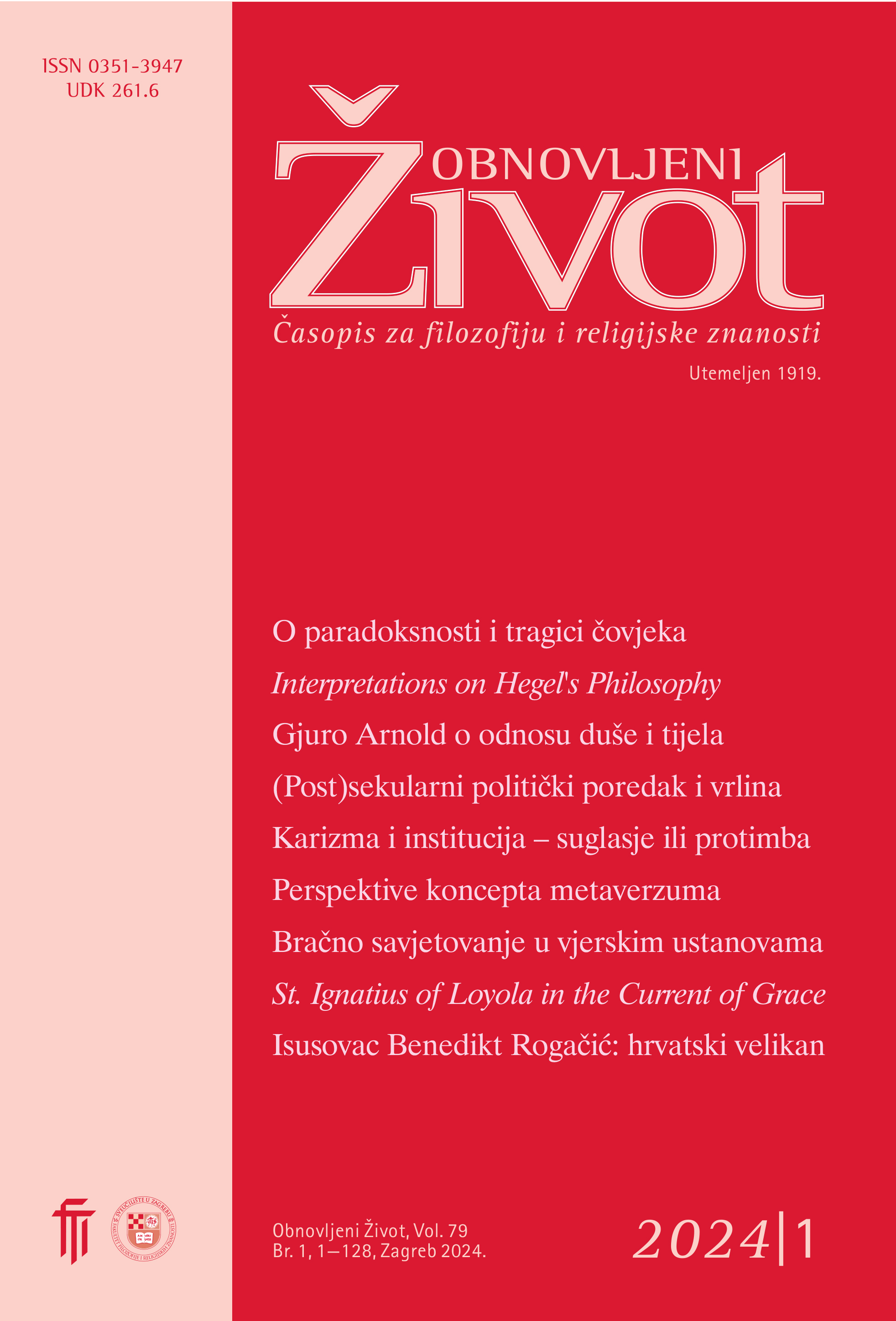Interpretations of Hegel’s Philosophy After his Death
Keywords:
Hegel, critique of Hegelianism, Hegelian renaissance, theoretical relevance of Hegelian philosophy, the liberal–communitarian stateAbstract
This research paper deals with the different interpretations of Hegel’s philosophy which followed his death. In these interpretations, the assumption that with Hegel’s death his philosophy had also come to an end, is very much present. We find this view also in the works of influential thinkers of the 19th century such as Søren Kierkegaard, Karl Marx and Friedrich Nietzsche. Each of them considered philosophizing as the ultimate venture beyond Hegel’s thought. However, in the meanwhile, Hegel’s philosophy — despite heavy philosophical and ideological criticism — will undergo a great renaissance in philosophical discussions both in and outside of universities. In this paper, the reasons and arguments for this renaissance are discussed as is also the theoretical relevance that Hegel’s philosophy continues to enjoy to this very day in contemporary debates in the fields of philosophy and the social sciences. These debates include not only the fundamental issues of social and political philosophy, but also epistemological issues and issues on the philosophy of mind.
Downloads
Published
Issue
Section
License
Jednom prihvaćeni članak obvezuje autora da ga ne smije objaviti drugdje bez dozvole uredništva, a i tada samo uz bilješku da je objavljen prvi put u Obnovljenom životu. Uredništvo će obavijestiti autora o prihvaćanju ili neprihvaćanju članka za objavljivanje.
Članci objavljeni u časopisu se, uz prikladno navođenje izvora, smiju besplatno koristiti u obrazovne i druge nekomercijalne svrhe.


